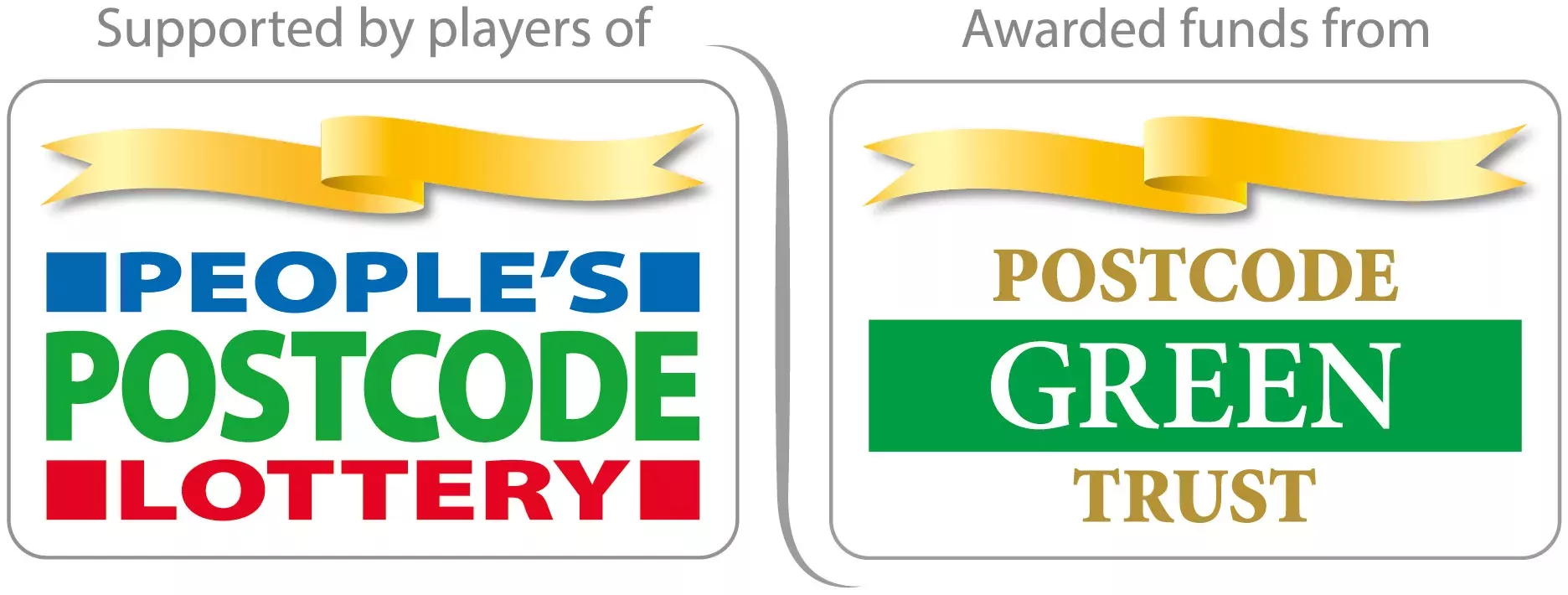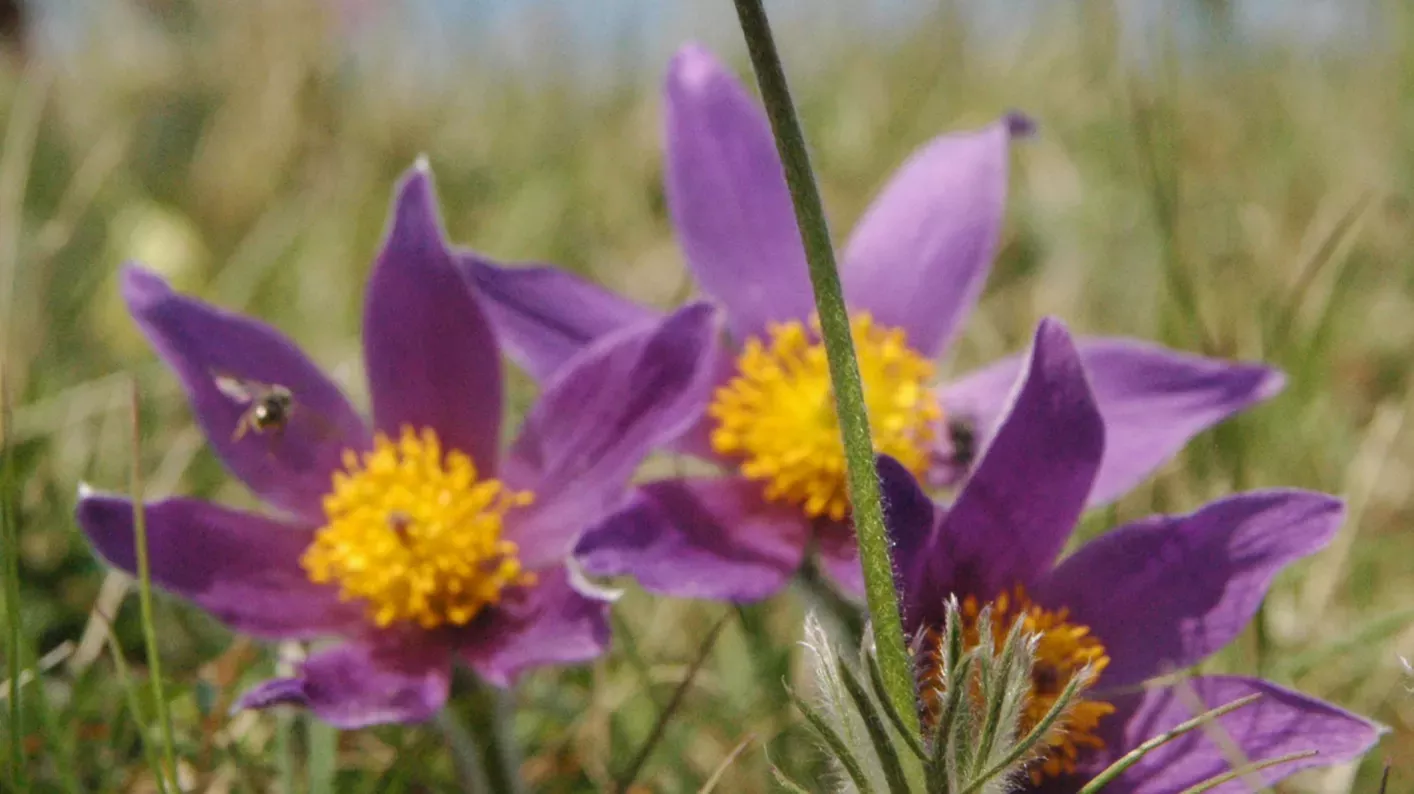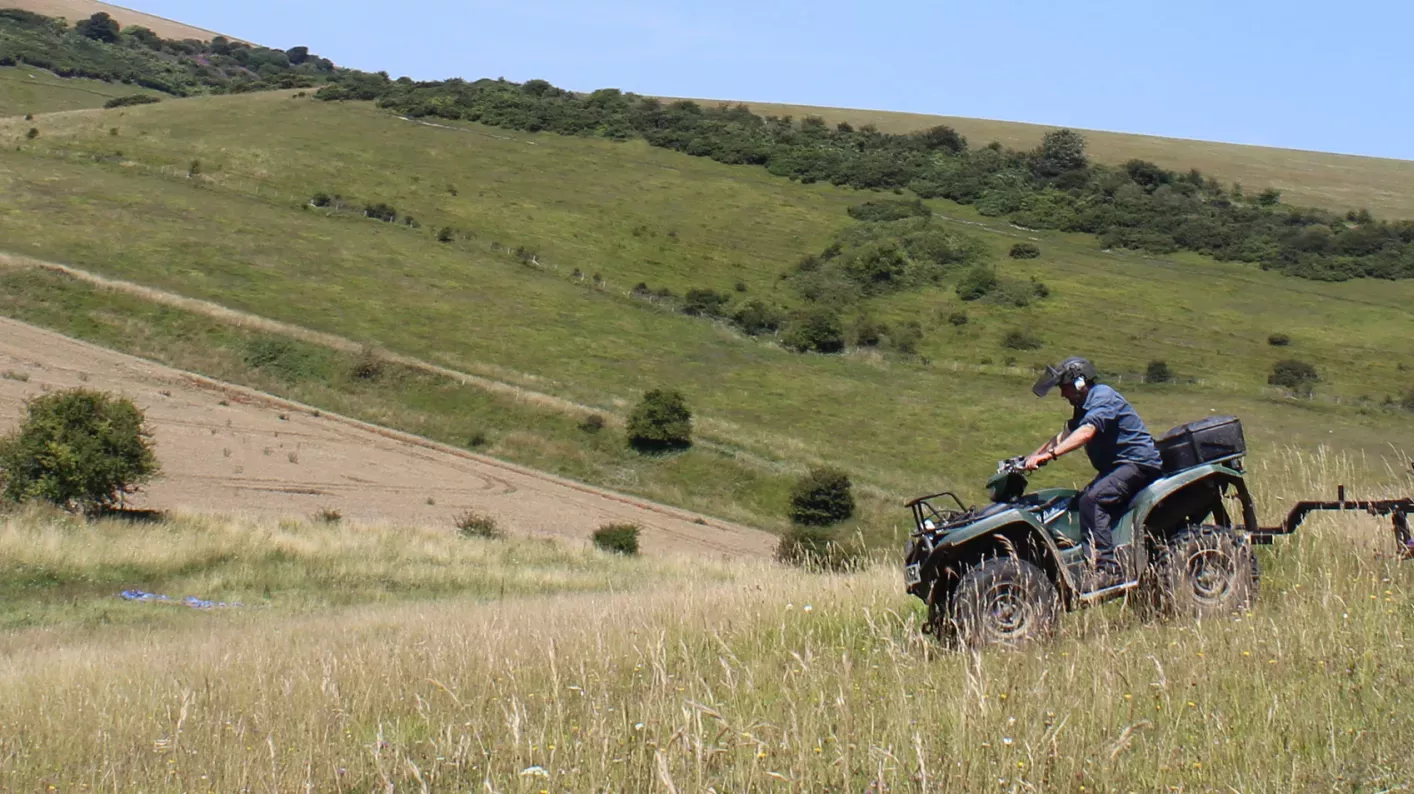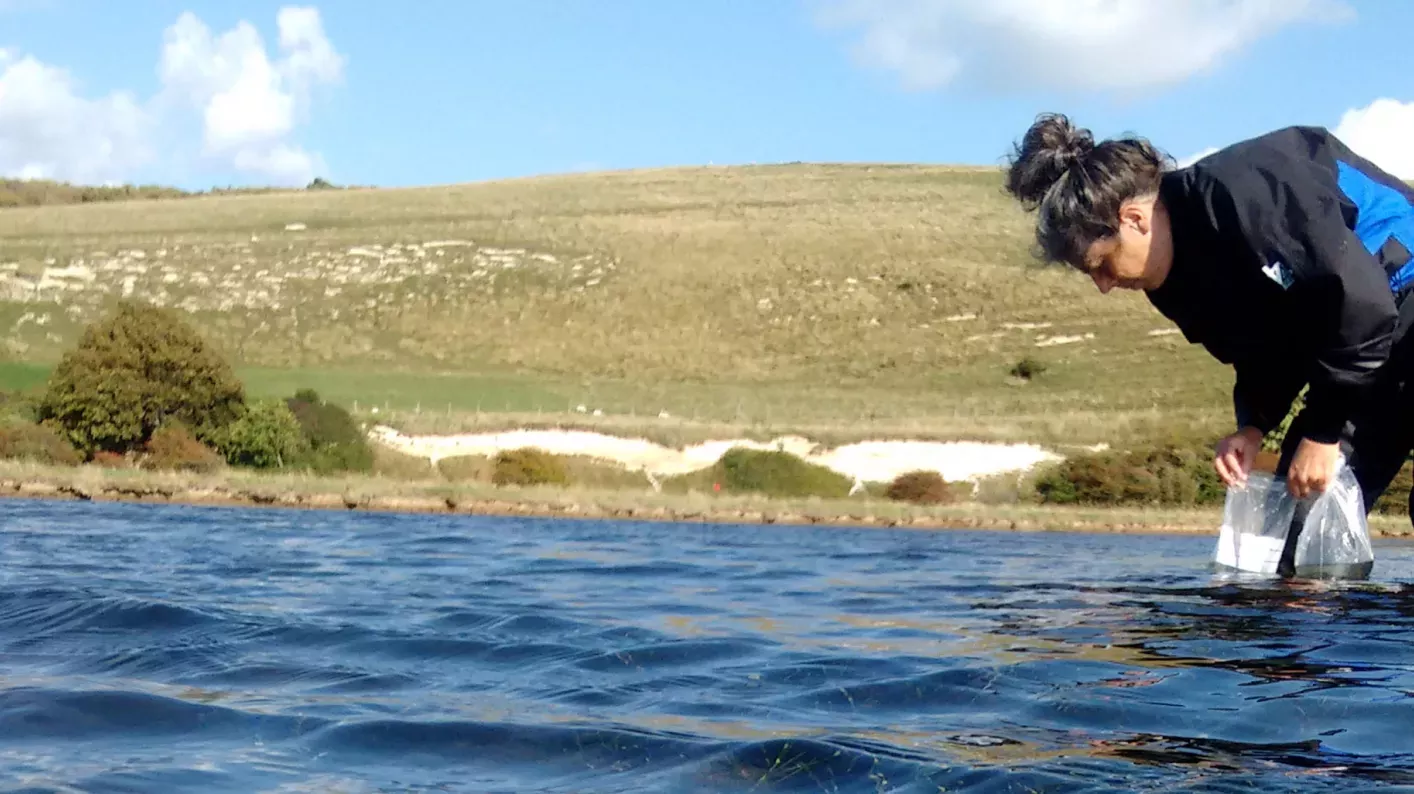Native Seeds for Restoration: diversity and resilience in the UK
Supporting the effective selection and use of native seed in the restoration of climate-resilient, genetically diverse plant populations in the UK.

The UK is one of the most nature-depleted countries in the world, with just 53% of its native biodiversity remaining, well below the minimum thresholds for healthy ecosystem function and delivery of essential ecosystem services.
While the conservation of remaining species-rich habitat is a priority, the scale of environmental degradation and destruction, coupled with emerging threats from invasive pests, diseases and climate change, mean the long-term survival of many UK species, habitats and associated ecosystem services will depend on assisted recovery or reintroduction projects.
Native seeds play a critical role in this work, but significant challenges remain to enhance their use in nature conservation and sustainable human development. In particular, the availability of suitable high-quality native seed and plants can be a constraint, as can an understanding of how these materials should be selected and used to restore resilient populations with appropriate genetic diversity to adapt to current and future conditions.
As demand for expertise in ecological restoration grows, this project will adopt a multi-disciplinary approach, focusing on research strengths in conservation genetics and germination ecology, making use of the exceptional breadth and diversity of the Millennium Seed Bank’s UK seed collections, and working in partnership with stakeholders in UK conservation policy and management practice.
In combination, the elements of this project will seek to overcome a range of existing constraints on seed-based conservation and restoration and raise the level of Kew’s impact through a project that is relevant and responsive to partner needs.
Activities are organised into three work packages:
Work Package 1 will conduct desk-based analyses and population genomics to investigate genetic diversity and structure to guide the design of in-situ recovery, reintroduction and habitat restoration projects. Practitioners will benefit from these data and associated recommendations, which will allow informed decision making about seed sourcing to ensure restored populations have the highest genetic diversity whilst optimising the use of scarce local-origin seed resources.
Work Package 2 will establish thermal thresholds for germination in multiple populations of native species of restoration importance, modelling these against current and future climate scenarios. Species and population choice will be informed by emerging data on genetic diversity and population structure in WP1, with WP2 aiming to identify which of these populations are at greatest risk from global warming at the germination stage.
By combining data from WP1 and WP2, we will provide recommendations for climate-smart seed sourcing from species or populations with thermal thresholds for seed germination suggesting the highest resilience to future climate conditions.
Work Package 3 will link outputs from the previous work packages and Kew’s broader scientific and technical expertise to impact on the ground, working with partners in the Defra family, non-governmental organisations, commercial companies and beyond to support active restoration through training, technical assistance and the provision of specialist native seed and plants.
Project Leaders
Ted Chapman
Dr Juan Viruel
Dr Efisio Mattana
Dr Chris Cockel
Team
Dr Charlotte Seal
Stephanie Miles
Isabel Negri
Alice Livingstone
Jenny Peach
Kaitalin White
This project will build on RBG Kew’s long and successful track record of using its seed collections, technical and scientific expertise to support partner-led species conservation and ecological restoration work in the UK.
From 2011 to 2022, for example, our UK Native Seed Hub project provided applied research, technical assistance and plant materials to more than 75 conservation projects, working with over 50 statutory, non-governmental and commercial organisations.
Players of People’s Postcode Lottery

Chapman, T., Miles, S., & Trivedi, C. (2018)
Capturing, protecting and restoring plant diversity in the UK: RBG Kew and the Millennium Seed Bank.
Plant Diversity, 41: 124–131.
Breman, E., Ballesteros, D., Castillo-Lorenzo, E., et al. (2021)
Plant Diversity Conservation Challenges and Prospects-The Perspective of Botanic Gardens and the Millennium Seed Bank.
Plants, 10: 2371.
Mattana, E., Ulian, T., & Pritchard, H. W. (2022)
Seeds as natural capital.
Trends in Plant Science, 27: 139-146.

UK Seed Banking

UK Native Seed Hub (Legacy)
